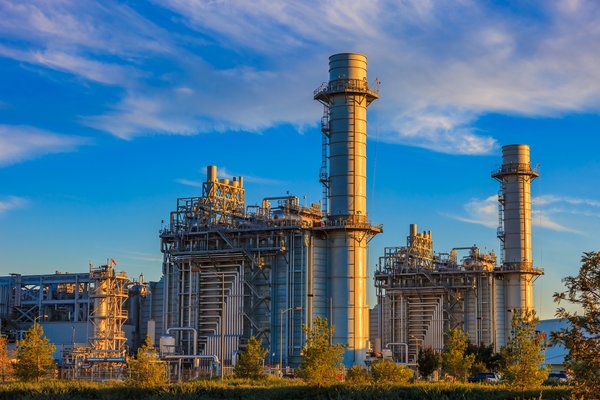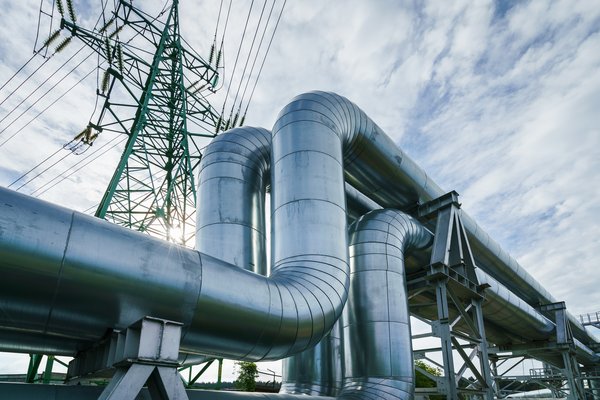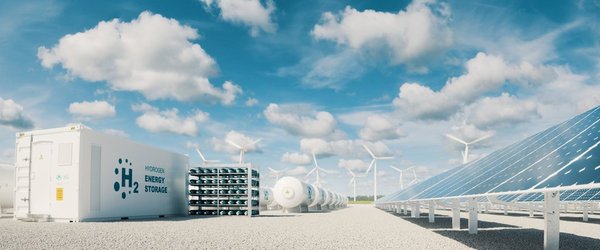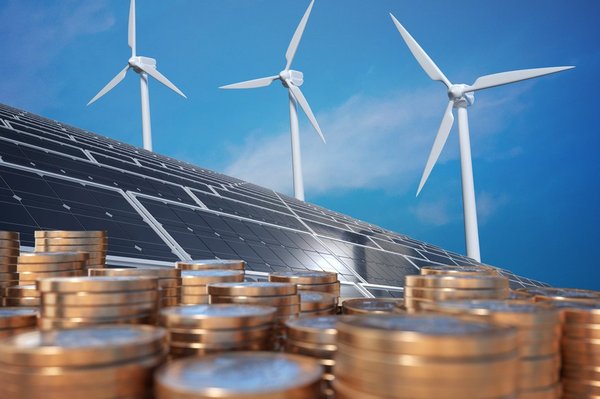Many oil companies are investing in renewable energy these days. The sector can see the writing on the proverbial wall. Oil companies don't want to go extinct as the global economy transitions away from fossil fuels to lower-carbon alternatives.
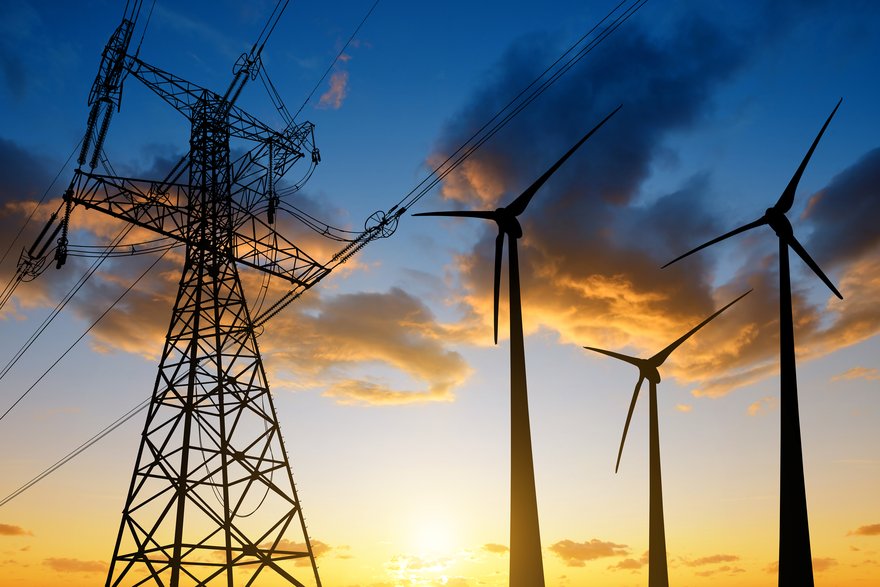
The good news is that the oil industry has time to transition. It will take decades and trillions of dollars of investment to shift the global economy away from fossil fuels. Meanwhile, emerging carbon capture sequestration (CCS) technologies could buy the industry even more time.
However, several oil companies are getting a jump start on the energy transition by investing in renewable energy. This article will examine some of the top oil stocks investing heavily in renewables and whether that trend will continue.
3 best oil companies investing in renewable energy
3 best oil companies investing in renewable energy
Oil companies are taking varied approaches to the energy transition. Some continue to focus solely on their core business of producing oil and gas. Others are making small bets on emerging lower-carbon energy technologies.
However, a few oil companies stand out for their increasing focus on investing in renewable energy. Three of the leading oil companies investing in renewable energy are:
| Oil Stock | Market cap | Renewable energy investments |
|---|---|---|
| BP (NYSE:BP) | $100 billion | Bioenergy, EV charging, renewable power, hydrogen, and CCS |
| Enbridge (NYSE:ENB) | $74 billion | European offshore wind and North American onshore wind and solar |
| TotalEnergies (NYSE:TTE) | $149 billion | Renewables, biomass, and hydrogen |
Here's a closer look at these oil companies and how they're investing in renewable energy.
1. BP
1. BP
BP is currently a leading international oil company. It's an integrated oil and gas company with upstream (oil and gas production), midstream (pipelines and terminals), and downstream (refineries) businesses around the world.
However, BP believes the world needs a better-balanced energy system. That's leading it to transition into an integrated energy company. It's significantly ramping up its investments in its transition growth engines: lower carbon, convenience stores, and power trading. It increased spending across these businesses from 3% of the total in 2019 to 30% in 2022.
The company is investing across five transition categories:
- Bioenergy: BP aims to produce more renewable fuels from waste or plants.
- EV charging: The energy company wants to help accelerate the switch to electric vehicles (EVs) by investing in EV charging infrastructure.
- Convenience: BP aims to make everyday life easier by growing its convenience businesses.
- Renewables and power: It wants to produce more energy from the wind and sun.
- Hydrogen and CCS: BP is investing in these emerging lower-carbon technologies.
In recent years, BP has taken notable steps to accelerate its transition growth engines. In late 2022, BP accelerated and expanded its bioenergy business by acquiring Archaea Energy. Archaea is a leading U.S. renewable natural gas (RNG) producer. It operated 50 RNG and landfill gas-to-energy facilities in the country and had a development pipeline that could boost its output fivefold by 2030.
The company agreed to acquire TravelCenters of America (NASDAQ:TA) in 2023, a leading travel center operator. It brings growth opportunities in four of the company's five transition growth engines (convenience, EV charging, biofuels/RNG, and possibly hydrogen).
BP is also investing heavily in renewables. It aims to build 20 gigawatts (GW) of renewable energy capacity by 2025 and 50 GW by 2030. It's building onshore wind and solar energy projects. Meanwhile, it has a 50-50 joint venture with Equinor (EQNR 2.77%) to construct offshore wind energy facilities in the U.S.
BP believes its balanced investment approach will allow it to continue producing the energy the world needs today and the cleaner energy it requires in the future.
2. Enbridge
2. Enbridge
Enbridge is a leading diversified energy infrastructure company. It operates four core businesses:
- Liquids pipelines: Enbridge operates the longest crude oil and liquids transportation system globally, stretching from Canada to the U.S. Gulf Coast
- Natural gas pipelines: Enbridge has an extensive natural gas pipeline network in the U.S. and Canada.
- Gas utilities and storage: The company operates North America's largest natural gas utility by volume.
- Renewable energy: Enbridge operates onshore wind farms and solar energy facilities in North America and a growing European offshore wind platform. It's also pursuing opportunities in lower-carbon new energies like RNG, hydrogen, and CCS.
Enbridge has slowly transitioned its business to lower-carbon energy. Its business mix has shifted from getting 74% of its adjusted earnings before interest, taxes, depreciation, and amortization (EBITDA) from liquids pipelines before 2016 to 47% from cleaner-burning natural gas following its acquisition of Spectra Energy in 2017. The company has continued investing in lower-carbon energy by growing its gas business, renewable power platform, and, more recently, new energies.
Enbridge is developing several offshore wind farms in Europe that will come online through the end of the decade. It has also accelerated its renewable energy investment pipeline through acquisitions. In late 2022, Enbridge acquired leading U.S. onshore renewable project developer Tri Global Energy. In early 2023 it acquired a stake in leading RNG infrastructure company Divert.
The company sees the potential for investing billions of dollars each year into renewable energy and new energies projects. Enbridge also expects to continue growing its fossil fuels business. It believes a balanced strategy will allow it to support the fuels of today while positioning it for the energy sources of the future.
Enbridge's balanced strategy will also allow it to generate lots of stable cash flow to fund its dividend payments. Enbridge offers a high dividend yield (6.5% in mid-2023), making it a leading oil dividend stock. Meanwhile, its investments in renewables could eventually make it a top renewable energy dividend stock.
3. TotalEnergies
3. TotalEnergies
TotalEnergies wants to be a responsible energy company. It aims to meet the world's current fossil fuel needs by investing in low-cost and low greenhouse gas emissions oil developments. It's also working on CCS to further reduce the emissions of its global oil business. In addition, TotalEnergies is a top-three global liquified natural gas (LNG) producer.
The oil company is also investing in lower-carbon energy. It aims to be one of the top five renewable energy producers. It's investing in biofuels, biogas, hydrogen, and synthetic fuels.
TotalEnergies' long-term goal is to produce more energy with fewer emissions. It plans to allow its oil production to decline naturally by focusing on investing in cleaner-burning gas and electricity. By 2030, TotalEnergy expects its overall energy production to grow by 30%. It sees its oil products output falling 30% while LNG production doubles and electricity generation triples.
The company has made several notable investments to drive its renewables growth. It's the majority shareholder of solar panel maker SunPower (SPWR -3.09%). In 2022, TotalEnergies acquired a 50% interest in Clearway Energy Group (CEG), the fifth-largest U.S. renewable energy player. CEG is a leading renewable energy project developer with a 42% stake in Clearway Energy (CWEN -1.2%)(CWEN.A -1.2%), a leading clean power producer. TotalEnergies partially funded that deal by giving the seller an almost 50% stake in a subsidiary with a majority interest in SunPower. The company also bought Core Solar in 2022, which has a large pipeline of utility-scale solar and energy storage projects under development.
TotalEnergies believes its strategy to grow into a more sustainable energy business will pay big dividends for shareholders, the global economy, and the planet over the coming years.
Related investing topics
Will oil companies continue to invest in renewable energy?
Oil companies are taking varied approaches to the energy transition. Some, like BP, TotalEnergies, and Enbridge, are already investing heavily in renewable energy, which seems likely to continue. Others will likely join them in the coming years as it becomes more apparent that they will either need to transition to lower-carbon energy or become extinct.
However, many other oil companies will likely continue focusing on fossil fuels. They hope to reduce emissions through CCS and other technologies so oil demand won't go extinct. It's unclear if the strategy will pay off over the long term.
Given that dichotomy, investors need to choose their oil stock investments wisely. Fossil fuel-focused energy companies and exchange-traded funds (ETFs) focused on oil stocks (oil ETFs) could underperform early adopters of lower carbon technologies like BP, Enbridge, and TotalEnergies over the long term if oil demand starts evaporating. Investors might want to consider oil stocks that are already moving into renewable energy so they don't fall behind.










